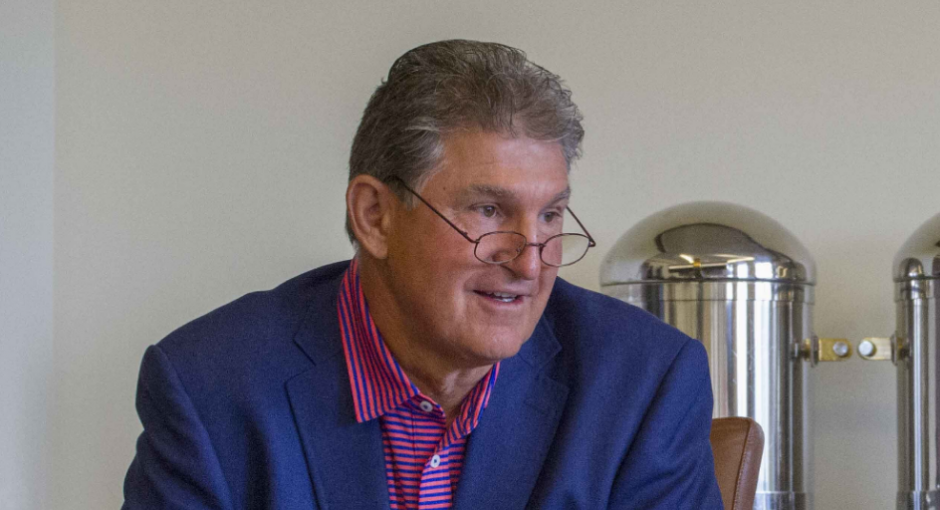West Virginia U.S. Sen. Joe Manchin’s rejection Sunday of his fellow Democrats’ Build Back Better (BBB) policy agenda left its drug pricing section dead in the water.
Manchin said of the BBA bill on Dec. 19, “I cannot vote to move forward on this mammoth piece of legislation.” The White House criticized, in its words, Manchin’s “sudden and inexplicable reversal in his position, and a breach of his commitments to the president and the senator’s colleagues in the House and Senate.”
The Senate is divided evenly between Democrats and Republicans, with Vice President Kamala Harris casting the deciding vote. Democrats planned to pass the BBB act under a procedure that would have allowed for no Democratic defections.
It is unknown whether all of some of the BBB act’s drug pricing language can be salvaged and passed, either on its own or as part of a scaled back BBB bill that Manchin could back. Inside Health Policy reported late yesterday that Manchin said on a West Virginia talk radio program Monday that he wants more aggressive Medicare drug price negotiation than in the BBB bill. Senate Majority Leader Chuck Schumer (D-N.Y.) said on Sunday, “Drug companies have been mugging Americans at the pharmacy window for too long, and there may not be another opportunity anytime soon for Democrats to put a stop to it. Fifty million seniors in Medicare have a lot of bargaining power, and it’s long past due to put it to use.”
Writing and voting on a stand-alone drug pricing bill would, in theory, open the door to adding 340B-related provisions to the legislation—those favored by the drug industry, those favored by providers, or some of both.
The drug industry and groups sympathetic to it have ramped up industry messaging about 340B in recent weeks. Hospitals continue to press for protection from losing 340B eligibility due to COVID-19 related changes in payer mix. Health centers are leading the charge for protection from discriminatory reimbursement by pharmacy benefit managers and creation of an independent third-party 340B claims-identification system. The U.S. Health Resources and Services Administration (HRSA) wants comprehensive regulatory authority over the 340B program. Finally, some recent federal court decisions suggest it is up to Congress to end the war over 340B contract pharmacy.
According to an October 2021 Politico-Harvard T.H. Chan School of Public Health poll, letting the federal government negotiate with drug companies to lower drug prices for Medicare beneficiaries was the public’s top priority for the BBB act. Thirty-nine percent of respondents said it was an extremely important priority. There is broad support in both parties in Congress for action to lower drug prices, but disagreement over specific policies.
Pharmaceutical Research and Manufacturers of America (PhRMA) in November said the drug pricing language in the House-passed version of the BBB act would “throw sand in the gears of medical progress.” In a September 2021 open letter, PhRMA called government negotiation “a smokescreen” that “does nothing to hold insurers and middlemen accountable for pocketing savings from our companies that should go to patients to lower their costs.” Recent PhRMA television ads that have blanketed the Washington, D.C., market include hospitals among those middlemen but do not mention the 340B program specifically.
Groups that represent 340B covered entities say they are for lowering drug prices. But they also say they worry about potential unintended consequences that would diminish entities’ 340B savings and revenues.


